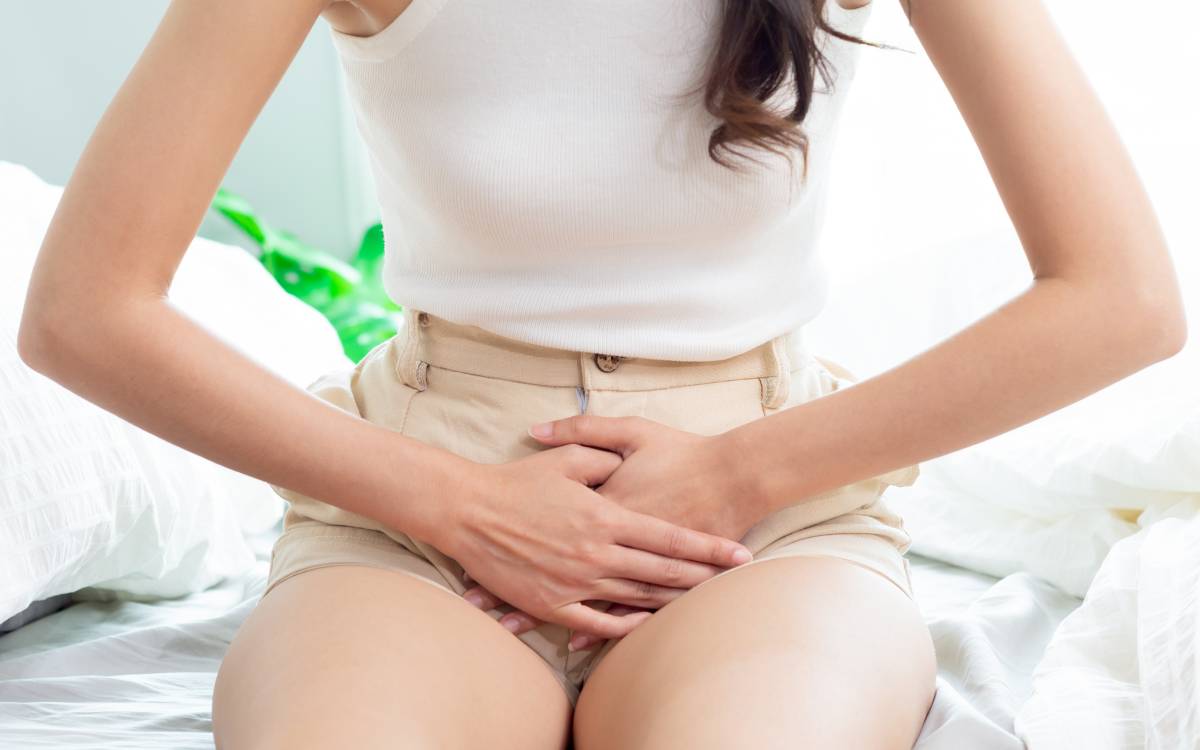Endometriosis is a chronic medical condition where tissue similar to the lining of the uterus (endometrium) grows outside the uterus. This tissue can be found on the ovaries, fallopian tubes, the outer surface of the uterus, and other pelvic organs. Unlike the normal endometrial tissue that sheds during menstruation, the tissue outside the uterus has no way to exit the body. This can lead to inflammation, pain, and the formation of scar tissue (adhesions).
Symptoms of Endometriosis:
Pain and heavy menstrual bleeding are the most common symptoms of endometriosis. Pelvic pain may be experienced before or during menstruation, during intercourse, or as chronic pelvic pain. Painful sexual intercourse (dyspareunia) can be a symptom that is often associated with deep penetration. Endometriosis affecting the intestines or bladder can also cause pain during bowel movements or urination, especially during menstruation. Some women with endometriosis may experience difficulty getting pregnant due to changes in pelvic anatomy, inflammation, or the formation of adhesions.
Treatment of Endometriosis:
Over-the-counter pain relievers (e.g., ibuprofen) can help manage pain associated with endometriosis. Hormonal treatments, such as birth control pills, hormonal IUDs, or GnRH agonists, aim to regulate the menstrual cycle and reduce pain by suppressing the growth of endometrial tissue. When medications do not provide adequate relief, laparoscopic surgery is often used to remove or destroy endometrial tissue growths, scar tissue, and adhesions. In very severe cases, a hysterectomy (removal of the uterus) may be considered. For women trying to conceive, fertility treatments such as in vitro fertilization (IVF) may be recommended.
Coping with Endometriosis:
Coping with endometriosis can be difficult. Develop strategies for managing pain, including medications, heat therapy, relaxation techniques, and gentle exercise. Connect with support groups or online communities to share experiences and advice with others who have endometriosis. Eating a balanced diet, exercising regularly, and managing stress can help alleviate symptoms. Understand your condition, treatment options, and potential outcomes to make informed decisions. Keep an open line of communication with your healthcare provider. Discuss your symptoms, concerns, and treatment preferences. Chronic conditions can take a toll emotionally. Consider seeking counseling or therapy if you’re struggling with the emotional impact of endometriosis.
It’s important to remember that endometriosis is a complex condition, and its management varies based on individual circumstances. If you suspect you have endometriosis or are experiencing symptoms, consult a healthcare provider who specializes in reproductive health or gynecology. They can provide an accurate diagnosis and develop a treatment plan tailored to your needs.
Additional Resources:
World Health Organization: https://www.who.int/news-room/fact-sheets/detail/endometriosis#:~:text=Endometriosis%20is%20a%20disease%20in,period%20and%20last%20until%20menopause.
Mayo Clinic: https://www.mayoclinic.org/diseases-conditions/endometriosis/symptoms-causes/syc-20354656
